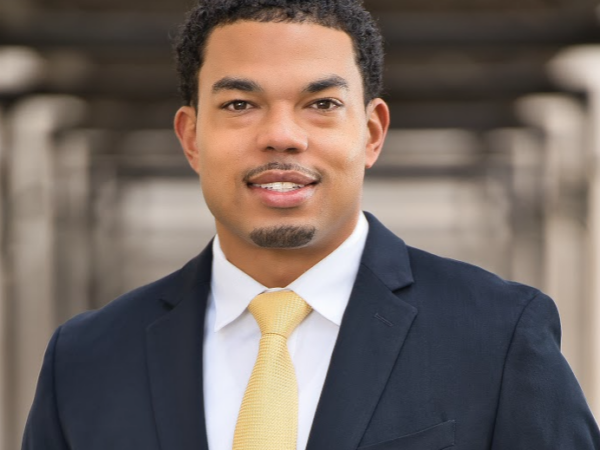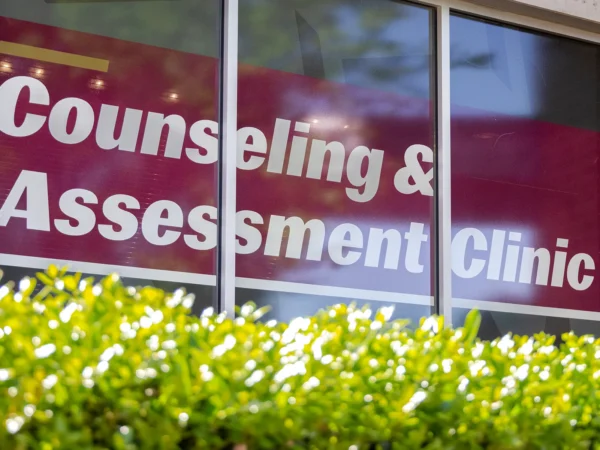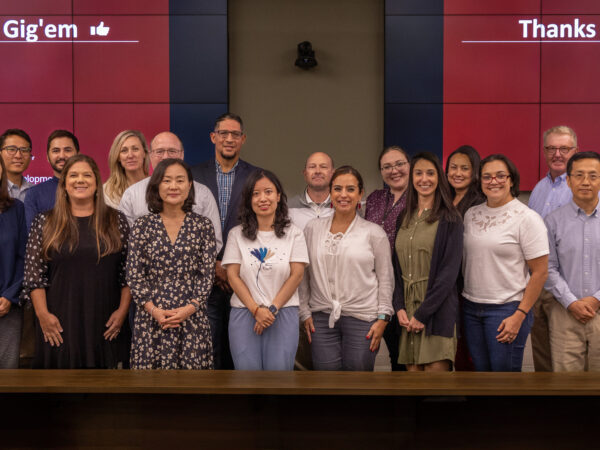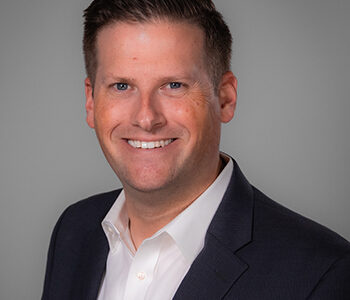The Black student experience: How can we make higher education better for Black students?
Higher education can be an isolating experience for all incoming freshmen. However, for Black students this is amplified by a lack of representation and lack of diversity in peers at predominantly white institutions.
Dr. Idethia Shevon Harvey, associate professor in the Department of Health and Kinesiology, sought to understand the type of stressors Black students experience in higher education and how higher education administrators can make college a welcoming space for students of color.
“For students who are not part of the majority, there is a different level of belonging when they come on campus,” Harvey said. “There may not be a critical mass of students who look like them or have the same lived experience in their classroom.”
As a former undergraduate student at Clemson University, Harvey understood the experiences of being a minority student at PWIs. She said this is why the research was important for her to pursue.
How Black students experience higher education
Harvey teamed up with Dr. Carla Hunter and Andrew Case at the University of Illinois to interview Black undergraduate students. Their findings highlighted at least three themes in which minority undergraduates experience and negotiate a sense of belonging at a PWI:
- Authenticating Blackness
- Acculturative loss
- Connection with and responsibility toward others
Harvey explains authenticating Blackness as the dichotomous tension between being too Black or not Black enough from the individual and public perception. This cultural tension affects how minority students create their sense of belonging within the university culture. They can feel pressure and judgment by peers, family or society for trying new things that are outside the normative Black culture.
“The problem is that no one culture is dichotomous or homogeneous,” Harvey said. “But within Black cultures, and especially with Black students, you have this fine line of ‘you are too Black or you are not Black enough’.”
Harvey said when Black students leave their home environment, they may have to assimilate when they enter a new environment. They can experience an acculturative loss, or feeling like they have to give up something to become something.
“Black students sometimes feel like they have to give up part of themselves to be able to feel like they belong to an institution,” Harvey said.
She said some Black students acknowledge that acculturative loss is temporary, while others maintain this to assimilate in their careers after college.
The last way, connection with and responsibility toward others, plays a key role in Black student experience because it is deeply rooted in Black culture. Harvey said Black students acknowledge that they may be the select few that attend college, so the students carry that responsibility of wanting to be the best representation of their family and their community.
“There is always this tension of ‘how much do I belong’, ‘how much do I have to give up’, and ‘how do I make sure that I represent the best of my community’,” Harvey said.
These factors, combined with others like schoolwork and living away from home, can impact the students’ health and wellbeing. Harvey said this is especially concerning when Black students are not connected to any individuals or organizations that are supportive.
“When you do not have a support mechanism, and then you are dealing with the stress of school and work and other issues, it really does cause a lot of distress and can have a negative impact within your education,” Harvey said.
How to make higher education a better space
Higher education, especially PWIs, has a long way to go in making the space more representative of the population and supporting people of color.
Dr. Chayla Haynes Davison, assistant professor in the Department of Educational Administration and Human Resource Development, is an expert in the field of race, equity and inclusion in higher education and Black women in education.
She also understands the experiences of Black students because she received most of her formal education in learning environments that were predominantly White.
Haynes Davison’s research shows that faculty serve an important role in making the PWI campus a place where Black students both want and are able to learn. She said this first begins with recognizing that Black students, like other racially and ethnically minoritized students, are invested in their education.
“Faculty can demonstrate their commitment to Black students by volunteering to be their mentors, tapping them for leadership opportunities in the program/department, and inviting these students to work collaboratively with them on their research,” Haynes Davison said.
However, it does not start or stop there. She said faculty must engage in the self-work of developing greater racial consciousness. This can also be applied at the university level by offering continuing education and professional development to develop greater racial consciousness for faculty, staff and students.
At the individual level, Harvey advises Black students to identify their stressors early on and work to alleviate them by finding resources on campus. She said this is also something that universities should strive to better communicate to students of color.
“One of the challenges of being a student of color is that you just do not know what services or resources are available,” Harvey said. “Texas A&M and most institutions have tons of resources, yet students just do not know that they exist.”
Harvey also echoed Haynes Davison’s idea of mentoring. She said helping students understand that they are not alone can bring comfort and hope in their educational journey.
“When students do not feel like they belong, they may feel hopeless, but once they find where they belong and where they fit in, they have hope,” Harvey said. “Hope can take them to different heights.”
Dr. Idethia Shevon Harvey is also the director of the Transdisciplinary Center for Health Equity Research and a College of Education and Human Development Faculty Fellow on Diversity and Inclusion.
About the Writer
Heather is responsible for news coverage in the Department of Health and Kinesiology, as well as the Department of Educational Administration and Human Resource Development.
Articles by HeatherFor media inquiries, contact our Media Relations Coordinator, Ashley Green
Fundraising
To learn more about how you can assist in fundraising, contact Amy Hurley, Director of Development ahurley@txamfoundation.com or 979-847-9455














